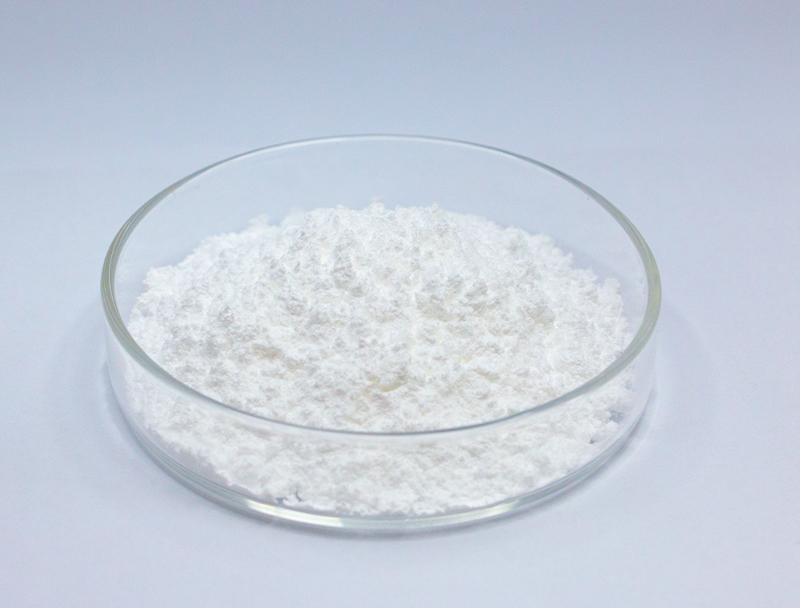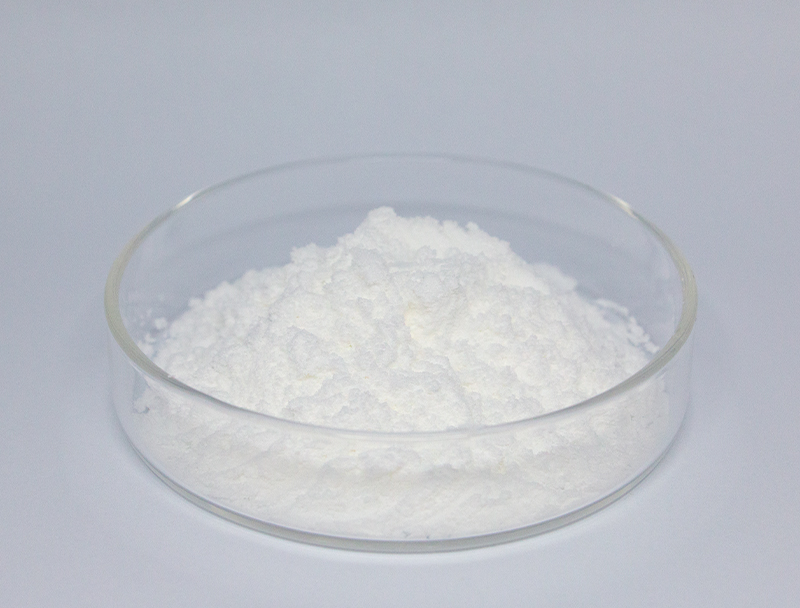
Industrial biosynthesis counts extensively on an extensive collection of starting materials for developing state-of-the-art biosolutions.
Protecting environmentally mindful sourcing is indispensable to sustainable success and conscientious scaling.
many concerns related to standard raw input procurement for instance pollution and systematic depletion of reserves. Hence, industry players ought to pursue innovative supply solutions to lower carbon burdens.
- Examples of sustainable sourcing practices include:
- Using repurposed agricultural residues as substrates
- Integrating recovery systems to shrink waste while improving throughput
- Aligning with domestic providers that adhere to transparent sourcing
The transition to greener sourcing offers both 5-ALA planet-friendly outcomes and business advantages.
Optimizing Biomass Feedstocks for Enhanced Biofuel Production
Improving fuel production performance hinges on the attributes of biomass inputs. Investigators regularly test new routes to upgrade biomass inputs, leading to higher yields of biofuels and a more sustainable energy future. Strategies feature genetic optimization to raise biomass yield plus pretreatment to depolymerize plant polymers into sugars.
- Furthermore, teams search for alternative biomass sources including algal strains, industrial wastes, and crop leftovers to broaden sustainable feedstock options for fuels.
- Owing to ongoing work the biofuel domain is primed to reach substantial milestones advancing renewable energy adoption.

Advances in Biopharmaceutical Manufacturing: Focus on Upstream Operations
includes primary operations from inoculation through cell collection Contemporary breakthroughs have refined protocols and elevated product throughput.
Crucial progress includes proprietary cell systems, optimized growth media, and adaptive bioreactor architectures. These refinements escalate production and lower expenses and environmental strain.
- Also, evolving practices favor continuous flow processing which supports more agile upstream control.
- This transition to advanced manufacturing techniques is set to transform the sector and accelerate therapeutic timelines.

Innovations in Gene Editing for Improved Biopharmaceutical Yield
breakthroughs in precise gene modification systems have reshaped biopharma production. Via deliberate gene edits, teams amplify protein expression for higher yields. This capability can unlock development of cost-efficient, high-performance biologics for many conditions.
Harnessing Microbial Biotechnology for Sustainable Bioremediation
novel biological remediation techniques leveraging microbial metabolisms for pollution control. Engineered and natural microbes can attenuate pollutants via metabolic conversion.. Leveraging microbial biotransformation promotes sustainable remediation that curbs industrial environmental impacts.. Research teams analyze microbial diversity to find candidates that metabolize heavy metals, break down pesticides, and treat oil-contaminated matrices.. They can be integrated into bioreactor platforms or introduced in the field to stimulate microbial breakdown of hazardous compounds..
Microbial remediation approaches present key benefits relative to classic remediation methods. This route is often more affordable and reduces the formation of toxic residues. Additionally, microbial tactics can target contaminants selectively while preserving surrounding ecological systems. The field is rapidly refining methods to make microbial remediation more efficient and broadly effective.
Data-Driven Approaches for Therapeutic Development
Informatics platforms are essential to current drug discovery and development pipelines. From target discovery through candidate optimization, bioinformatics facilitates streamlined, hypothesis-guided workflows.
- By analyzing vast datasets of genomic, proteomic, and clinical data, bioinformaticians can uncover novel drug targets and predict the activity of potential therapeutics.
- Moreover, bioinformatics contributes to drug design by simulating the interactions between drugs and their targets, ultimately leading to the development of more effective drugs.
- In conclusion, computational biology reshapes discovery pipelines and speeds delivery of reliable treatments for patients.
Pathway Engineering for Greater Bioproduct Yields
utilizes multiple approaches to enhance production of desirable bioproducts in cells. Strategies involve pathway refactoring by genetic modification, expression modulation for balanced flux, and grafting of novel genes to add capacity.. With precise metabolic tuning scientists can greatly enhance yields of desired compounds.
This combined approach has capacity to change industries from drug manufacture to food production and bioenergy.

From Lab to Plant: Challenges and Opportunities in Biomanufacturing Scale-Up
Commercializing biopharma production involves significant constraints and promising benefits. Keeping consistent product performance at elevated volumes is a significant challenge. Solving it involves resilient control frameworks, high-resolution monitoring, and modern analytical tools.

Another concern is that bioprocessing workflows are inherently complex and multi-staged.. Scaling optimization is a resource-intensive task that calls for substantial innovation and study.. However, the potential rewards are substantial. Successful scaling up can lead to increased access of life-saving therapies, reduced production costs, and enhanced profitability.
A series of measures are underway to confront these obstacles. Approaches include cutting-edge process optimization tech, comprehensive analytics for control, and disruptive manufacturing designs.
- Ongoing innovation drives improvements in industrial production capability.
- Regulators are reforming approval systems to facilitate adoption of advanced manufacturing and nurture innovation.
Regulatory Considerations to Maintain Biopharmaceutical Safety and Performance
Advancing biopharmaceuticals involves heavy regulatory scrutiny to secure product safety and proven efficacy. Products of biological origin introduce specific challenges that differ from standard drug development.
Regulatory authorities including FDA and EMA are central to creating criteria and processes for approving innovative biologics..
Meticulous validation protocols are enforced from preclinical validation to long-term post-market evaluation.. Such safeguards are intended to detect hazards and ensure therapeutics adhere to top-tier safety benchmarks..
Likewise, authorities progressively modify regulatory tactics to follow the speed of innovation in biopharma.. Policies involve deploying novel tech and expediting development while preserving commitment to patient safety.

Plant-Origin Feedstocks in the Production of Bioplastics
Heightened demand for sustainable products accelerates efforts to develop renewable material alternatives. Converting plant biomass into bioplastics offers a credible pathway to environmentally sound products. Materials such as starch from corn, cellulose pulp, and sugarcane biomass are convertible into biodegradable polymers that lower plastic waste concerns.
Concurrently, several bioplastic formulations approximate conventional plastic traits and serve wide-ranging applications. Persistent innovation will be key to advancing plant biomass into mainstream bioplastic manufacturing for a circular future.
This Emerging Impact on Public Health and Food Systems
Biotechnology offers potent solutions for advancing public health and enhancing food security. Through CRISPR, synthetic circuit design, and cell therapy progress, developers generate methods to counter infectious agents, optimize crops, and elevate nutritional profiles.. For instance, genetically modified crops can be engineered to resist pests and environmental stresses, leading to increased agricultural production and reduced reliance on harmful pesticides.. Concurrently, biotechnology drives development of immunotherapies, antibiotics, and diagnostics that play a key role in controlling diseases and improving health metrics. With persistent development, biotech stands to offer transformative solutions for global health and long-term food security.
 Calcium alpha-ketoglutarate
Calcium alpha-ketoglutarate